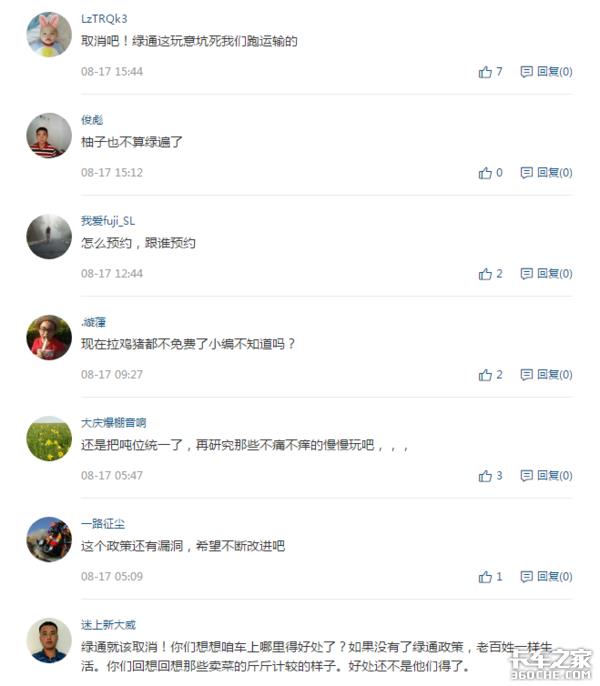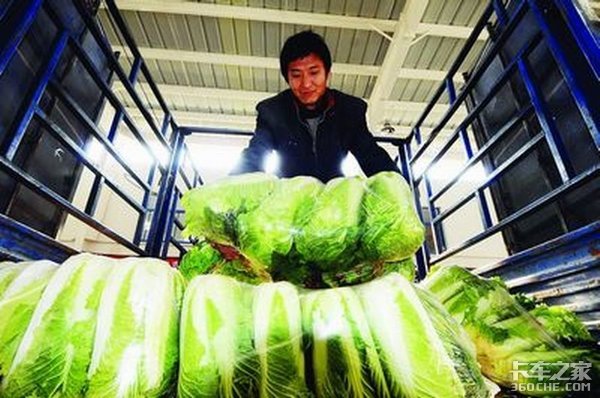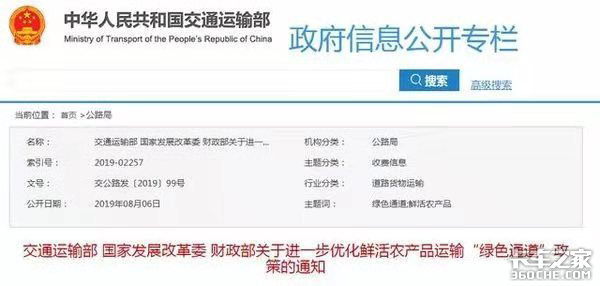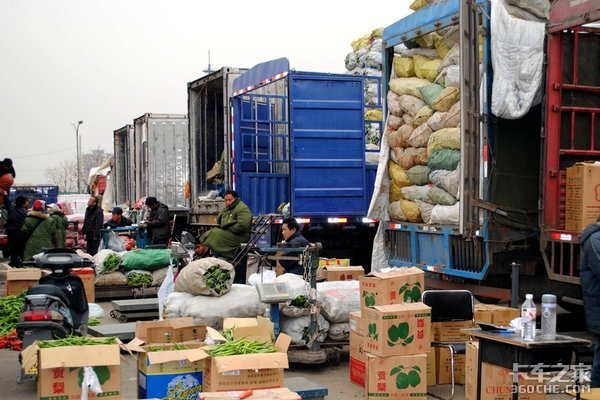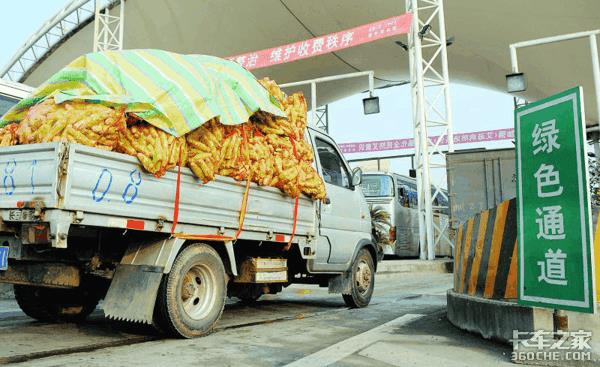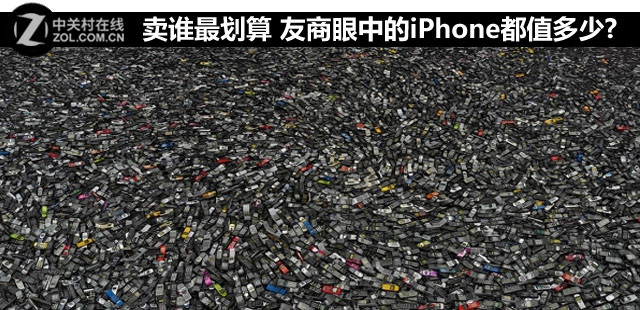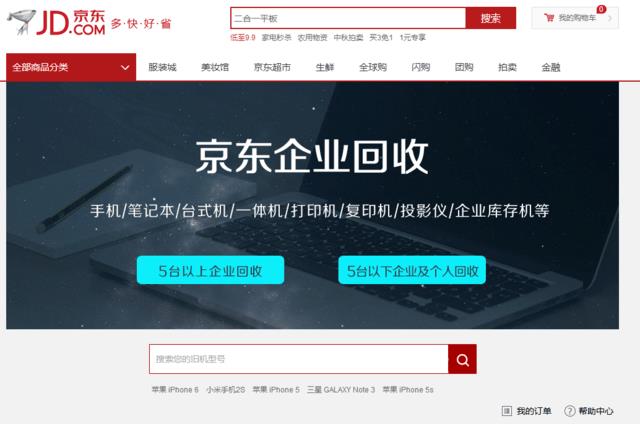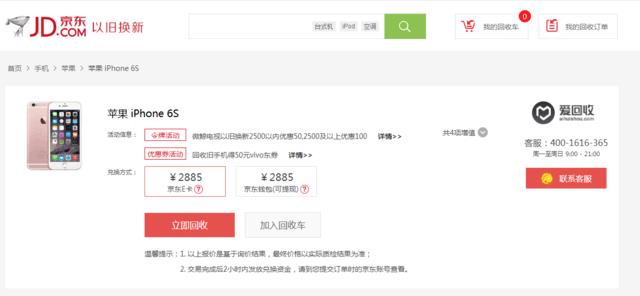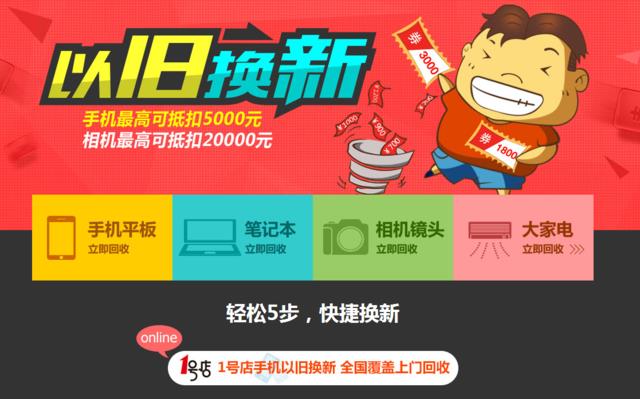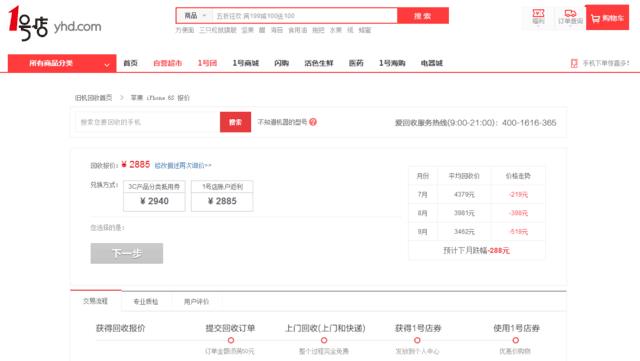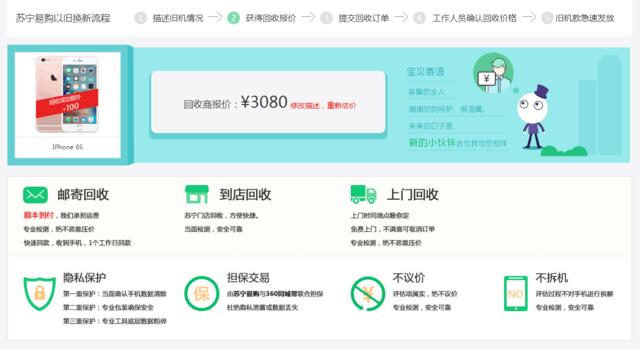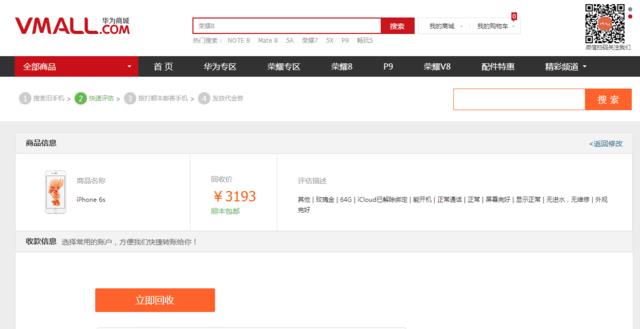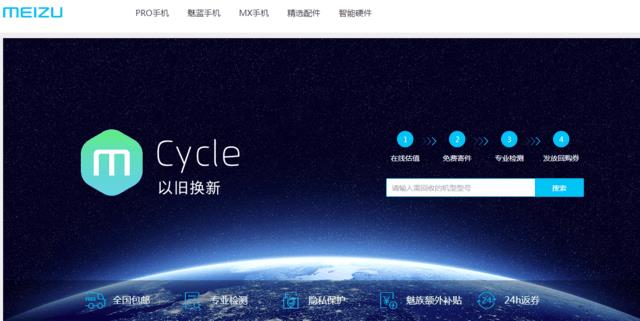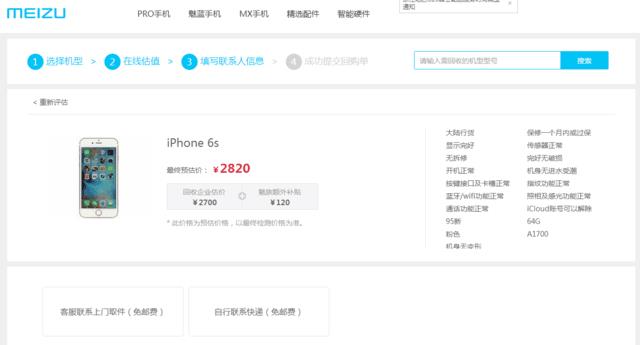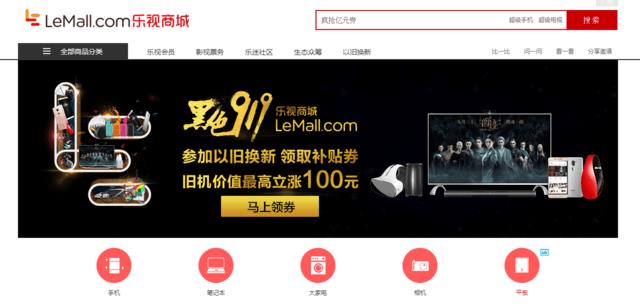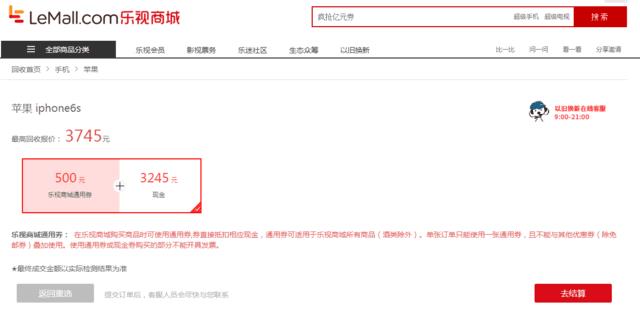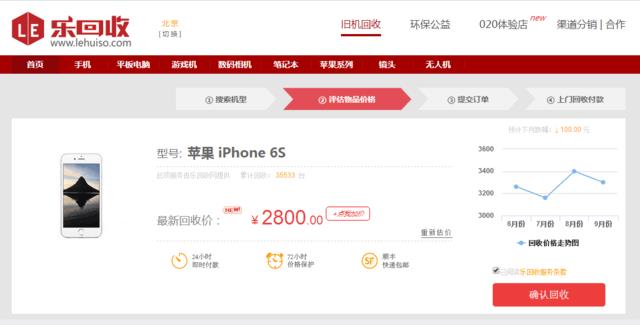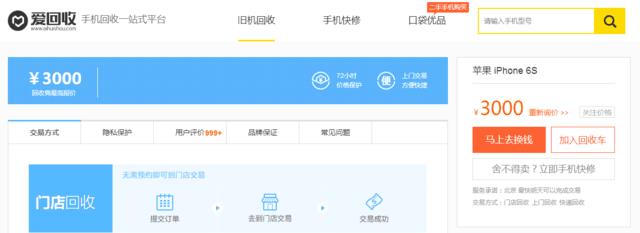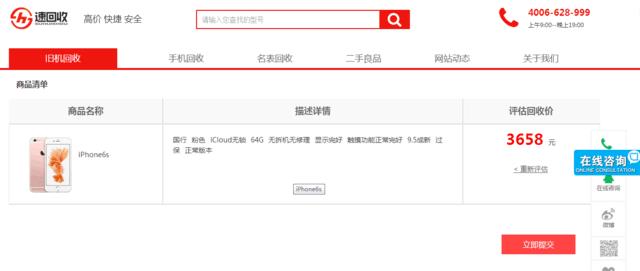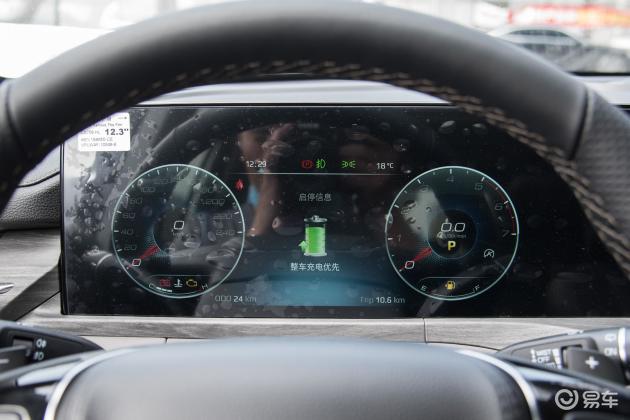[Pacific Auto Network] At this time of year, it is a great migration of teachers from the northern automotive media. The day before, they froze into dogs in the snowy night of the imperial capital, and the next day they wore short sleeves in Guangzhou. The local teachers will reply with a smile: Welcome to Guangzhou, welcome back to summer, welcome to the hot Guangzhou Auto Show.
Of course, whether you are a media person or an ordinary car-loving spectator, whether you are in Guangzhou or traveling a thousand miles, I think it is only worthwhile to bring this exhibition guide to unlock the correct visiting posture of the Guangzhou Auto Show.
After 15 years of development, the 15th Guangzhou Auto Show will be held at the Pazhou Canton Fair Complex from November 17 to 26, 2017.

This year’s Guangzhou Auto Show uses all 13 exhibition halls in Area A and 4 exhibition halls in Area B of the Canton Fair Exhibition Hall, as well as the outdoor exhibition area of the North and South Plaza. The exhibition scale reaches 220,000 square meters, of which Area A shows passenger cars, parallel imported cars, and Area B shows electric vehicles, modified cars, auto parts and supplies, and new automotive materials.
Exhibition traffic, ticketing and other information are on the last page.Click here for direct access…

◆ Kia Stinger

The Kia Stinger is an all-new four-door coupe model, which is an imported model and will be available at the Guangzhou Auto Show.

Based on the Kia GT concept car, the appearance of the Kia Stinger follows the low and dynamic shape of the coupe. The Stinger is equipped with a 2.0T turbocharged engine with a maximum power of 188kW (256PS) and a peak torque of 353N · m. The drivetrain is matched with an 8-speed automatic transmission.
◆ Dongfeng Yueda · Kia NP


Dongfeng Yueda Kia will bring its new SUV model (code-named NP) to the Guangzhou Auto Show, which opens on November 17. According to the previous new car planning of the brand, the car is expected to be a small SUV model Stonic that is positioned lower than the KX3.
◆ Lynk & Co 01


Lynk & Co 01 will be officially launched during the Guangzhou Auto Show in November. The pre-sale price range is 17-240,000 yuan, and then it will be launched at the end of November. Lynk & Co 01 will launch four styles of "Yao, Type, Strength and Pure" models, equipped with VEP4 2.0T turbocharged engine derived from the Drive-E series.

◆ FAW Toyota’s new Prado

The FAW Toyota’s new Prado went on the market without an appearance or a press conference. Only Porsche can think of this confident and arrogant brand in the industry. The new car will make its public debut at the Guangzhou Auto Show.

The new Prado had to abandon the old four-cylinder engine because of environmental regulations. The whole series is equipped with a 3.5L V6 engine, standard with 7 seats, and there are 10 models. The price range is 46.48-63 6,800. The new car is a second facelift, mainly in terms of appearance. Younger.
◆ Lu Feng Xiaoyao


The production version of the Lufeng Xiaoyao will be launched at the Guangzhou Auto Show, and the appearance and shape are highly similar to the concept car of the Xiaoyao. It can be seen that a lot of effort has been spent on the appearance of the whole car, and the lines of the whole car can be marked in many places. In terms of body size, the length, width and height of the Lufeng Xiaoyao are 4439/1835/1550mm respectively, and the wheelbase is 2700mm.

◆ Changan Ruicheng CC

Changan Ruicheng CC is based on Changan’s latest P3 platform and is positioned as a mid-sized car between Yidong and Ruicheng. It will be officially launched at the end of this year.

In terms of size, the length, width and height of the new car are 4780/1825/1465mm respectively, and the wheelbase is 2770mm. The size data is slightly smaller than that of the current Changan Ruicheng. Power is equipped with a 1.5T engine.
◆ SAIC Roewe Ei5

SAIC Roewe Ei5 will make its debut at the Guangzhou Auto Show. The new car is equipped with an electric motor with a maximum power of 85kW (116PS). The declaration information shows that the detailed model of the new car is EV400, and it is speculated that its cruising range may reach 320km.

In terms of size, the new car’s length/width/height are 4544mm/1818mm/1509mm (with luggage rack 1532mm), and the wheelbase is 2665mm, positioning it as a compact station wagon.
◆ Baojun 530

The new Baojun 530, which uses a new Linear Dynamic design language and is much more radical than previous Baojun models, will be unveiled at the 2017 Guangzhou Auto Show, which opens on November 17.

The Baojun 530 will offer 1.8L and 1.5T engines, with a maximum power of 101kW (137PS) for the 1.8L engine and 110kW (150PS) for the 1.5T engine.
◆ FAW Junpai A50

The FAW Junpai A50 will be unveiled at the Guangzhou Auto Show, and the car is scheduled to be launched in December. In terms of power, the new car is equipped with a 1.5L naturally aspirated engine of model CA4GA15-01, with a maximum output power of 83kW (113PS) and a peak torque of 141N · m. The transmission system is matched with a 5-speed manual transmission.

Land Rover’s new Range Rover

The new Range Rover appears to have synchronized the design language of the Range Rover Star, whether it is the front grille, LED headlights, or the full LCD instrument panel and dual touch screen of the interior.

In terms of power, the new Range Rover will continue to offer 3.0L V6 supercharged and 5.0L V8 supercharged engines, while the new Range Rover P400e long-axle version is equipped with a plug-in hybrid system composed of a 2.0T Ingenium engine and an electric motor.
◆ Chery Jaguar XEL

The Chery Jaguar XEL, which made its debut at the Guangzhou Auto Show and is expected to hit the market in December, is a long-wheelbase version of the Jaguar XE, with a wheelbase 100mm longer than the XE. It is reported that the Jaguar XEL will be equipped with a new 2.0T engine and offer high and low power versions.
◆ BMW 6 Series Gran Turismo


After the replacement of the BMW 5 Series Gran Turismo, it was included in the 6 Series family and renamed the 6 Series Gran Turismo. The 6 Series GT can be regarded as a crossover 5 Series coupe with a raised chassis. The 630i GT is equipped with a 2.0T high-power version engine, the 640i GT is equipped with a 3.0T L6 engine, and the transmission is matched with an 8AT gearbox. Some models also offer xDrive four-wheel drive system.
◆ Volvo XC60

The new generation of domestic Volvo XC60 will make its debut at the Guangzhou Auto Show and announce the pre-sale price, and will be launched later on December 20. The new car is based on the SPA modular platform. The length, width and height of the new car are 4688/1902/1658mm respectively, and the wheelbase is 2865mm.

In terms of power, the Volvo XC60 will initially provide two different powers, T5 and T8. The T5 model is equipped with a high-power version of the 2.0T engine, and the T8 model is a hybrid model with a 2.0T + electric motor. In the future, a T4 model with a low-power version of the 2.0T engine will also be offered.

◆ Mercedes-AMG E63 S 4MATIC +

The new generation of Mercedes-AMG E63S 4MATIC + high-performance four-door sedan will also make its domestic debut at this year’s Guangzhou Auto Show.

The new generation model is based on the E-class (W213), adding a full set of aerodynamic equipment tailored by AMG. In terms of power, the new car is equipped with a 4.0T V8 twin-turbo engine that supports closed-cylinder function and ECO mode, with a maximum power of 450kW (612PS) and a maximum torque of 850N · m. With the AMG Speedshift MCT 9-speed sports transmission, the acceleration time of 100 kilometers is only 3.4s.
A new generation of Lincoln Navigators

Lincoln’s new Navigator comes standard with LED headlights and automatic high beam function, panoramic sunroof, piano key shift mode and electric telescopic foot pedals. In terms of interior configuration, the seats are made of Scottish Bridge of Weir ? Deepsoft premium leather, and the steering wheel is made of Austrian Wollsdorf premium leather.

In terms of power, the new car is equipped with a 3.5T V6 twin-turbo engine with a maximum power of 305kW (415PS) and a peak torque of 570N · m. The drivetrain is matched with a 10-speed automatic transmission. In addition, the car adopts a non-bearing body with a four-wheel drive system, while the front suspension adopts a double wishbone independent suspension and the rear suspension is a multi-link independent suspension.

◆ SAIC Skoda KAROQ

SAIC Skoda’s new SUV model KAROQ will be launched at the Guangzhou Auto Show, followed by plans to launch in Quarter 1 2018. The length, width and height of the new car are 4432mm/1841mm/1614mm, and the wheelbase is 2688mm, which is 50mm longer than the overseas version.

SAIC Skoda KAROQ will offer 1.2T and 1.4T engine options, with maximum power of 85kW (116PS) and 110kW (150PS) respectively, both matched with a 7-speed DSG dual-clutch transmission, and combined fuel consumption of 5.8L/100km and 6L/100km respectively.
Audi Q8 Sport concept car

The Audi Q8 Sport concept car was officially launched at the 2017 Geneva Motor Show. The car can be regarded as a concept version of the Q8 Performance Edition model. The Q8 production version will be launched and sold in China in 2018.

Rolls-Royce Eighth Generation Phantom

Rolls-Royce’s eighth-generation Phantom made its debut at the Guangzhou Auto Show. The highest point of the new Phantom’s body is moved forward from the center of the front door of the previous generation to the top of the front wheel vault, creating a visual effect of gradually falling from front to back, which makes the front of the car look like an overwhelming momentum.

The central control panel of the new Phantom has added a new "Art Treasure" gallery. The entire panel is covered by a piece of glass, and what is placed behind the glass is up to the customer, including but not limited to celebrity calligraphy and painting, and craft ornaments.
Porsche new generation Cayenne

The third-generation Porsche Cayenne will be unveiled in China on November 15 and will be officially launched during the Guangzhou Auto Show. The new-generation Porsche Cayenne is a product of the MLB Evo platform and weighs 65kg less than the previous model.
Bentley’s new generation Continental GT

The new generation Bentley Continental GT will officially make its domestic debut on November 15 and will meet the public at the 2017 Guangzhou Auto Show on November 17. It is also reported that the new car is expected to hit the domestic market in the third quarter of 2018.

The simple and clear interior layout and function buttons are no longer the European GT you are familiar with in the past. The trending position of the air conditioner and the Breitling clock have been moved to the bottom of the LCD screen, and the new style of the handle is also exquisite and high-end texture.
◆ FerrariPortofino

Ferrari’s new V8 GT sports car Portofino will be officially launched at the Guangzhou Auto Show, which opened on November 17. The car is the successor to the Ferrari California T, powered by a 3.9T V8 twin-turbo engine, with a 0-100km/h acceleration of 3.5s and a top speed of over 320km/h.

◆ Jianghuai Ruifeng M6


The pre-sale price range of the JAC Ruifeng M6 is 25-300,000 and will be listed at the Guangzhou Auto Show. As a business-oriented car, the second row is the focus. The seats are designed in an aircraft business class style, with leg support functions and a foldable display above the seats. The windows on both sides are made of UV-protected privacy glass, and the double-sided electric side sliding doors are expected. In terms of space utilization, the third-row seats of the new car can be hung sideways on both sides of the body to increase the trunk space.
◆ Geely S1


Geely S1 officially opened the pre-sale, the pre-sale price is 105,000 yuan. Geely S1 launched 1.4T + CVT and 1.5L + 5MT two power models, there are two interior colors, six body colors optional. It is reported that Geely S1 will be officially launched at the Guangzhou Auto Show on November 17.

◆ GAC Trumpchi GM8


GAC Trumpchi GM8 will start pre-sale on November 16, and the estimated starting price may be 160,000. The GM8 and GS8 are the flagship products of Trumpchi on the same platform. The length, width and height of the GM8 are 5066/1923/1822mm respectively, and the wheelbase is 3000mm.
◆ GAC Toyota Camry
![At the end of the year, the big drama will be staged, and ten models will be listed [10.6 for use] At the end of the year, the big drama will be staged, and ten models will be listed [10.6 for use]](http://www.rpls.com.cn/wp-content/uploads/2023/03/nrqIn1Vy.jpg)
![At the end of the year, the big drama will be staged, and ten models will be listed [10.6 for use] At the end of the year, the big drama will be staged, and ten models will be listed [10.6 for use]](http://www.rpls.com.cn/wp-content/uploads/2023/03/nrqIn1Vy.jpg)
![At the end of the year, the big drama will be staged, and ten models will be listed [10.6 for use] At the end of the year, the big drama will be staged, and ten models will be listed [10.6 for use]](http://www.rpls.com.cn/wp-content/uploads/2023/03/nrqIn1Vy.jpg)
The new generation Camry provides 2.0L/2.5L engine and a 2.5L hybrid system, and will launch a total of 7 models to choose from. In addition, the new car is expected to be equipped with LED headlights, multi-function steering wheel, 4-door window one-button lift anti-clip, EPB electronic parking system, etc.
◆ GAC Toyota C-HR

GAC Toyota’s first small SUV will also debut at this year’s Guangzhou Auto Show. This small SUV will be built on the TNGA Fengchao platform and is a domestic version of C-HR.

FAW Toyota and GAC Toyota will both introduce C-HR domestically. It is expected that FAW Toyota will produce the original C-HR domestically, while GAC Toyota will produce a China-specific C-HR.

◆ BAIC Magic Speed S7


BAIC Magic Speed S7 will be officially launched at the Guangzhou Auto Show on November 17. The new car will launch 7 configuration models with a power combination of 1.5T + 8AT. At the same time, the car is positioned as a 7-seat medium-sized SUV. Among them, the two previously announced models and pre-sale prices are manual exclusive 96,800 yuan and automatic exclusive 106,800 yuan respectively
◆ Changan Auchan X70A

The Changan Auchan X70A will be officially unveiled at the Guangzhou Auto Show. In terms of body size, the length, width and height of the new car are 4620/1770/1840mm respectively, and the wheelbase is 2750mm, which is relatively smaller than the Changan CX70 (the length, width and height of the Changan CX70 are 4680/1800/1775mm respectively, and the wheelbase is 2780mm). However, this car still adopts a 7-seat layout of 2 + 2 + 3.

◆ Dongfeng Qichen T70


Dongfeng Qichen’s new T70 will be launched at the Guangzhou Auto Show. The new model is mainly designed to upgrade the exterior and interior. In addition to the original 1.6L and 2.0L engines, a new 1.4T engine will be added as an option.
◆ Haval H4


Haval H4 will make its debut at the Guangzhou Auto Show. The new car is divided into two different-looking models, the red label and the blue label, with 1.3T/1.5T optional in terms of power.

◆ SAIC-GM Buick new Envision

Buick’s new Envision will debut at the Guangzhou Auto Show and is scheduled to go on sale this year. In addition to the front face of the new car with Buick’s iconic flying wing-type China Grid, the biggest highlight is that the 28T (equipped with 2.0T power) model has been replaced with a 9AT gearbox.
◆ Beijing Hyundai KONA

Beijing Hyundai will debut a new SUV model at the 2017 Guangzhou Auto Show, which officially opens on November 17. It is expected that this model will be the new small SUV model KONA.
◆ Chery EXEED TX

Chery previously announced the first model of its new high-end series EXEED TX at the 2017 Frankfurt Motor Show. It is reported that the new car will be launched in October 2018. The new car is positioned as a compact SUV, equipped with a 1.6T engine and a 1.5T hybrid system. As the first model of the EXEED series, the new car applies Chery’s latest technology and powertrain. In addition, the new car will also make its domestic debut at the Guangzhou Auto Show, and its Chinese name will also be announced.

The 15th Guangzhou International Auto Show will be held from November 17 to November 26, 2017 at the China Import and Export Commodities Exchange Complex (Canton Fair Complex), including one media day, two professional public days, and seven general public days.
The professional audience day is a threshold set by the exhibition, allowing some visitors and potential buyers with higher spending power to enter the less crowded venue, which is convenient for professional photography and mid-to-high-end car reservations. No relevant documents are required.
November 17 is the media day of the auto show, open only to the media; November 18-19 is the professional audience day, with a ticket price of 100 yuan, which can be visited on any day from November 18 to November 26; November 20-November 26 is the general audience day, with a ticket price of 50 yuan, which can be visited on any day from November 20 to November 26.
Tickets for the Guangzhou Auto Show are currently on saleE-ticket (click to go)andPhysical ticket (click to go), support UnionPay and Alipay online payment. Tickets are non-refundable and non-exchangeable. Please confirm that you can arrive at the exhibition on the visit day of the corresponding ticket category before purchasing tickets. A ticket is limited to 1 person and is valid once. There are no elderly tickets and child tickets at the exhibition, and all visitors need to enter with a ticket.

Tips:Brush Yangchengtong directly into the venue, no need to queue up to buy tickets, directly enjoy a 9.20% discount.

Every day of each Guangzhou Auto Show is more lively than the last day of the Agricultural Expo when the goods are cleared. In order to express respect for the currency equivalent of tickets, it is always a good thing to be targeted. Don’t be busy for a day and find that what you want to see is basically not looking at it, and what you are looking at is basically not a new car. Remember this URL, share this page, and the heavy weight is waiting for you there. (Photo/Text/Photo: Pacific Auto Network, Xie Peng)

